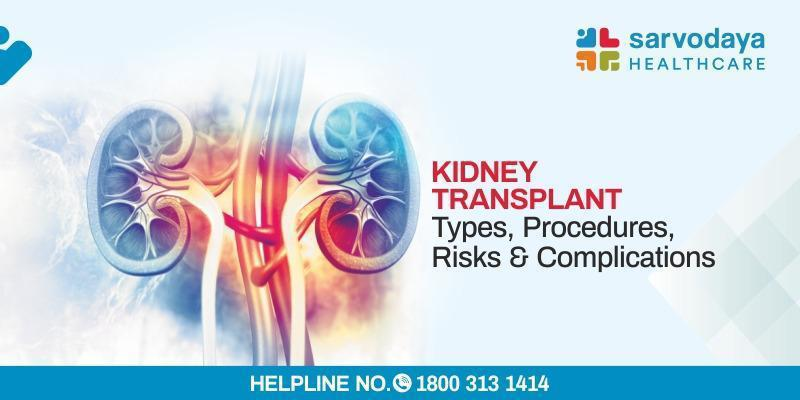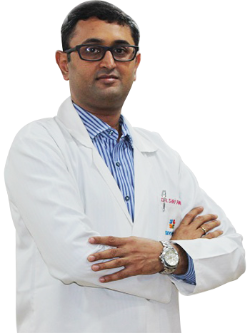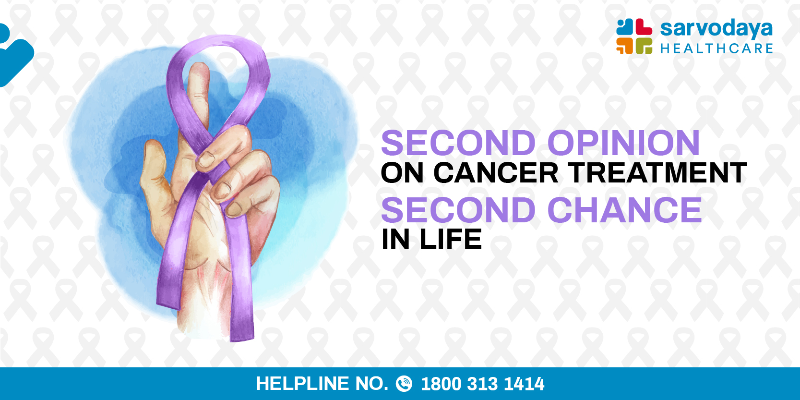A Kidney Transplant is performed to replace a kidney that is not functioning properly with a healthy kidney, taken from a living or deceased donor. Kidney Transplant treatment is prescribed when both of the kidneys fail to function correctly leading to accumulation of harmful fluids & waste in the body.
Kidneys are two bean-shaped organs located on each side of the spine near the upper abdomen. Usually, one kidney is a size of your fist and they work to eliminate waste from the blood through urine. Kidney transplant is recommended only when both the kidneys fail to perform this function, which leads to serious health issues. When the kidneys lose their functioning ability, waste accumulation in the body raises the blood pressure, which results in kidney failure. When the kidneys lose almost 90% of their ability, end-stage renal diseases occur.
Common causes of kidney failure include:
- Chronic, uncontrolled high blood pressure
- Chronic diabetes
- Chronic glomerulonephritis
- Polycystic kidney diseases
Patients with end-stage kidney diseases urgently need to get waste removed from their bloodstream through a machine. This procedure is called dialysis, which helps the patients to survive for a few years but it certainly does not offer a permanent solution. In such cases, a kidney transplant treatment becomes necessary to stay alive. It is a procedure that requires multiple specialities to work together to ensure a successful transplant.
Types
Deceased-donor kidney transplant: This is when the donor’s kidney is taken from a deceased person with the consent of their family or from their donor card. The kidney taken from the donor is then placed into a recipient’s body whose kidneys are no longer functioning properly and requires an urgent kidney transplantation.
Living-donor kidney transplant: This is when one kidney is taken from a living donor and placed into a recipient’s body whose kidneys are no longer functioning. A living donor can donate only one kidney which is enough to replace two failed kidneys.
Pre-emptive kidney transplant: It is performed before initiating dialysis and found to deliver superior outcomes and greater patient survival rates.
Procedure
Kidney transplant is always scheduled in advanced if the donor’s kidney is being taken from a living donor. But in the case of a close matching deceased donor, one needs to be available to rush for the operation whenever the notice is given.
Before performing the kidney transplant procedure, the patient’s blood sample is taken for an antibody test. When the test result is found negative crossmatch, the transplant procedure is performed. Usually, kidney transplant is performed under general anaesthesia which means the patient is put into a deep sleep during the whole procedure of surgery. The anaesthesia is usually injected into the patient’s body through an intravenous (IV) line in hand or arm.
Once anaesthesia is done, the surgeon will make an incision in the abdomen and place the donor kidney inside. Then arteries and veins from the kidney will be connected to the patient’s arteries and veins. This is done to make the blood to start flowing through the newly transplanted kidney. The new kidney’s ureter is also attached to the patient’s bladder so that they can urinate normally. The ureter is a tube that connects the kidney to the bladder.
Risks
Kidney transplantation is performed to treat advanced kidney disease and kidney failure. However, some kidney diseases may reoccur even after kidney transplant treatment.
Certain surgical health risks are associated with kidney transplant such as rejection of the donor organ, side effects of taking medications, a side effect of anaesthesia etc. These risks can be minimised by taking proper precautions and advice given by the doctor. Speak to your doctor about these risks to stay safe & healthy.
Complications
Kidney transplant surgery carries certain complications which include:
- Blockage of the ureter, which links the kidney to the bladder
- Blood clots and bleeding
- Surgical site infection
- Failure or rejection of the newly transplanted kidney
- An infection transmitted through the donated kidney
- Heart attack and stroke
- Death (very rare)
At Sarvodaya Hospital & Research Centre, Sec-8, Faridabad, we have all the subspecialized expertise in a single place with a focus to deliver the best treatment for you. In here, we work to deliver your test results quickly, appointments are scheduled accordingly, and the transplant care team works to deliver the best for you!










